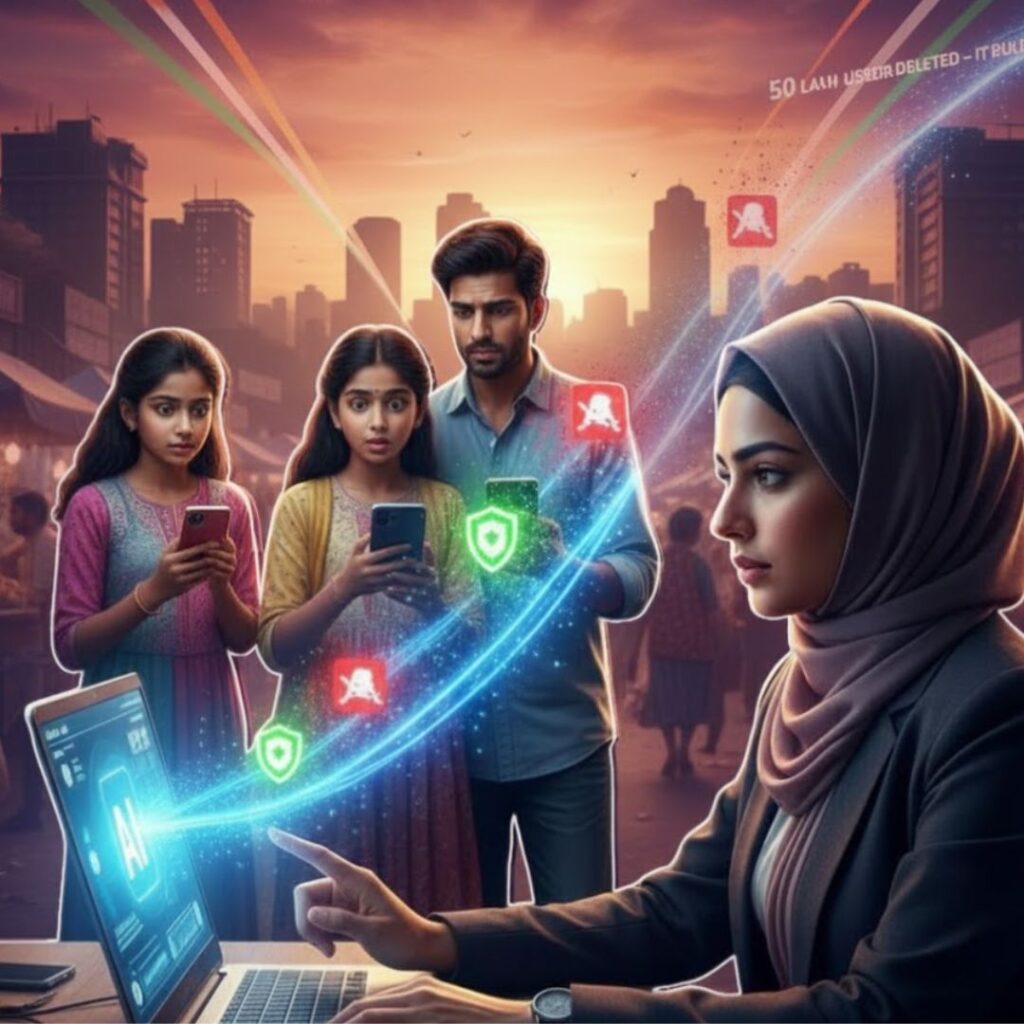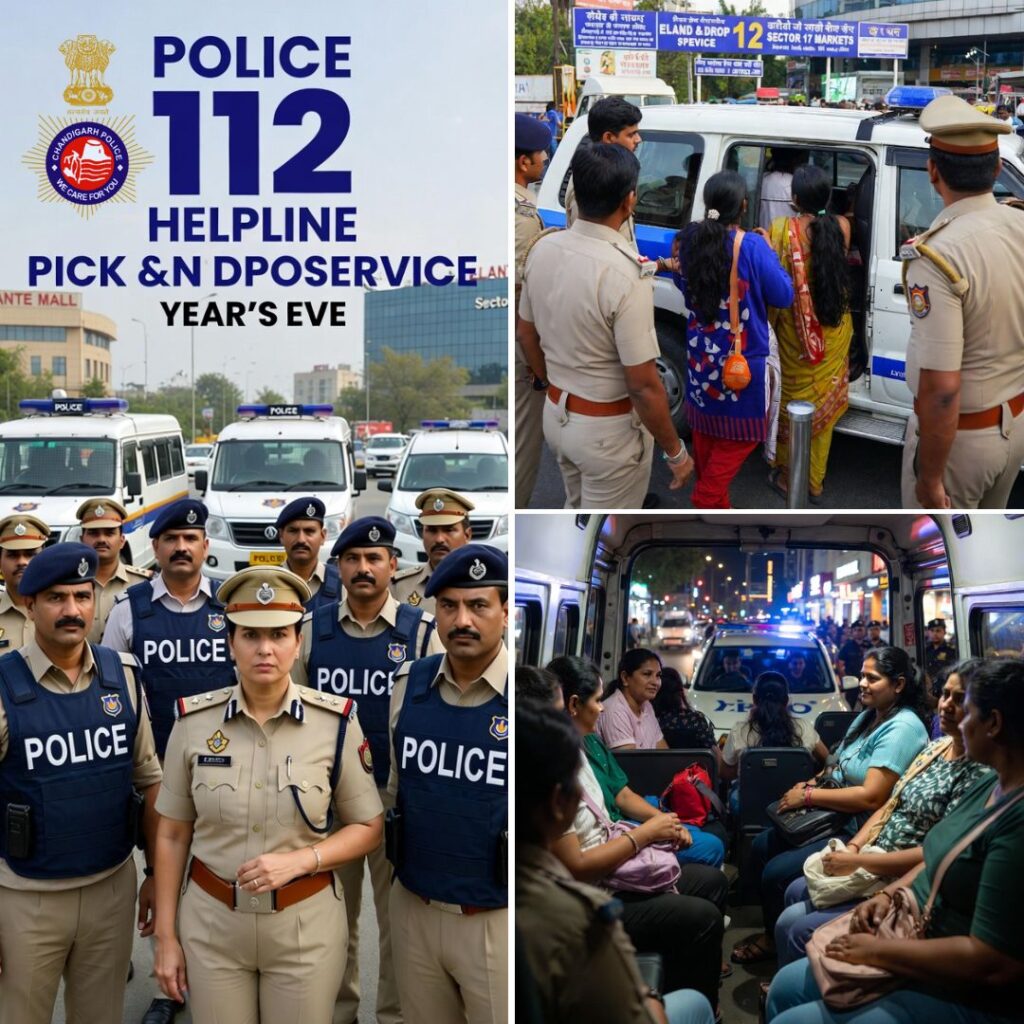With a new strain of coronavirus making its way, the physical hearing in courts might witness a pro-longed halt and this has necessitated efforts to ensure the virtual court system is friendly to physically challenged lawyers and litigants.
Taking the matter into consideration, the Apex Court directed the Chief Justice’s of High Courts across the country to make sure that the hearings are easily accessible to individuals with disabilities.
Supreme Court’s e-committee chairperson Justice DY Chandrachud, in a letter, specified that there was an urgent need of having accessible infrastructure including digital ecosystems to ensure that the physically challenged lawyers and litigants are able to participate in the legal profession in equal capacity, reported Livelaw.
‘The creation of accessible infrastructure, including digital infrastructure, and an appropriate support system in the judiciary for lawyers and litigants with disabilities is imperative in order to create a level playing field. This obligation is a natural corollary of the right to equality guaranteed to lawyers and litigants with disabilities under Article 14 of the Constitution of India and the right to practice a profession of one’s choice under Article 19 (1)(g) of the Constitution of India,’ read the letter.
The letter mentioned the steps to make the e-courts proceeding simpler and more accessible to the physically challenged and pointed out that the Supreme Court’s website was now equipped with a fully-functional audio captcha.
‘I am happy to note that the Supreme Court website now has a fully functional audio captcha. Until recently, it was not possible for the blind to independently access the website due to the visual captcha. This is a significant step taken by the Supreme Court,’ Justice Chandrachud said.
He further stated that the concerned authorities can take hints from such developments and start working on implementing the same.
‘I request you to undertake these steps with a sense of urgency,’ he added.
Justice DY Chandrachud writes to High Court Chief Justices for urgent action to make courts accessible to physically challenged lawyers, litigants report by @DebayanDictum https://t.co/WdAJHUCduy
— Bar & Bench (@barandbench) December 22, 2020
Responsibility To Ensure Equal Access
Noting that such steps are need of the hour and the responsibility cannot be placed on disabled lawyers, the letter said, ‘First, the onus to make fillings accessible cannot be placed on disable lawyers. This would be much like serving a file to an able-died lawyer in a foreign language and placing the onus on them to translate it into English.
Instead, we must ensure that we institutionalize systems that embed accessibility for all times to come.’
It further added that instead of requiring a disabled lawyer to seek case-by-case intervention or setting up a separate system just for them, measures should be taken to upgrade the existing filing practices according to their needs.
The letter also detailed on a number of suggestions that could be worked on. Instead of printing and scanning their submissions, lawyers should be required to file PDF documents, as they are prepared.
‘The pleadings made in Microsoft word can easily be saved as PDF files. The current practice of printing and scanning documents is a futile and time-consuming process that does not serve any purpose. I am very happy to report that my court has adopted the above practice, making filings of written submissions 100% accessible to the blind. We have to expand this to cover all kinds of filings, in all courts,’ it stated.
If there are hard copy annexures that need to be made part of the e-book, these can be scanned.
‘They must then be saved as a PDF file, but only in Optical Character Recognition (OCR) based PDF format.
‘We have to devise a practice of using digital signatures, or requiring signatures only on the last page of paper-books, in order to ensure that lawyers do not feel compelled to print and then scan paper-books, because of the signature requirement,’ it directed.
Amongst other things, the practice where the judgments or orders are sometimes inaccessible due to placement of watermarks on each page should be done away with; the High Courts should consider releasing judgement in HTML format on their websites along with PDF file; placing of stamps in a way that does not hamper the process and providing the option of audio captchas along with visual captchas access.
‘I am sure that with your personal intervention, persons with disabilities will be able to find an accessible court environment. I earnestly request you to ensure that steps are taken in that direction both by the High Court and by the district judiciary,’ Justice Chandrachud said.
The measures can be seen as an important step in empowering the physically challenged citizens and litigants as online hearings have removed the barriers and levelled the playing field. Virtual courts if properly implemented and extended to live-streaming of c…












